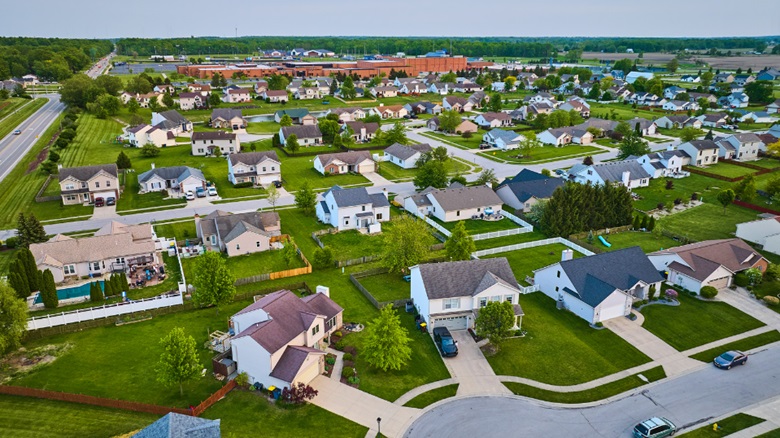Homeowners associations (HOAs) are becoming increasingly common in residential communities. These associations are responsible for maintaining the overall appearance and function of the community, and they often have a set of rules and regulations that all residents must follow. One of these regulations is rental restrictions.
Rental restrictions refer to limitations on renting out properties within the community. This can include outright bans on rentals or limits on the number of units that can be rented at any given time. The purpose of this HOA rental restriction in Florida is to maintain stability within the community by ensuring that most residents are owners rather than renters. In this article, we will discuss whether or not HOA rental restrictions actually improve community stability.
Understanding Community Stability
Before we can determine the impact of HOA rental restrictions on community stability, we must first define what community stability means. Generally, a stable community is one where residents feel safe, secure, and content with their living situation. This includes factors such as low crime rates, well-maintained properties, and a sense of unity among residents.
HOA rental restrictions aim to promote stability by maintaining a certain percentage of owner-occupied units in the community. The logic behind this is that owners are more invested in the upkeep and overall success of the community compared to renters, who may not have the same long-term stake in the community. So, if you are wondering what happens when HOA rules are not enforced, then understanding the key principle of stability is important.
The Benefits of HOA Rental Restrictions
HOA rental restrictions can bring several benefits to a community, including:
- Maintaining property values: When a community has a high percentage of owner-occupied units, it is more likely that the properties will be well-maintained and cared for. This can lead to higher property values and attract potential buyers.
- Reducing transient residents: Renters tend to be more transient compared to homeowners, who are typically more invested in their long-term living situation. By limiting the number of rentals within a community, HOAs can reduce the turnover rate and create a sense of stability among residents. This also helps to build a stronger sense of community and promote positive neighborly relationships.
- Ensuring consistent enforcement: By having rental restrictions in place, HOAs can more easily monitor and enforce the rules. This can help prevent any issues that may arise from non-compliant or disruptive renters, promoting a peaceful living environment for all residents.
The Bottom Line
HOA rental restrictions can play a significant role in promoting community stability. However, it is essential to carefully consider and review these restrictions before implementing them. This is because the impact of HOA rental restrictions on property values and community dynamics can vary depending on the specific circumstances of each community. It is crucial for HOAs to strike a balance between maintaining stability and allowing residents the freedom to rent out their properties if needed. Ultimately, effective communication and collaboration between HOA boards, management companies, and residents are key to creating a successful and stable community. So, it is important to regularly review and evaluate rental restrictions to ensure they continue to serve their intended purpose without causing undue burden on the community.





